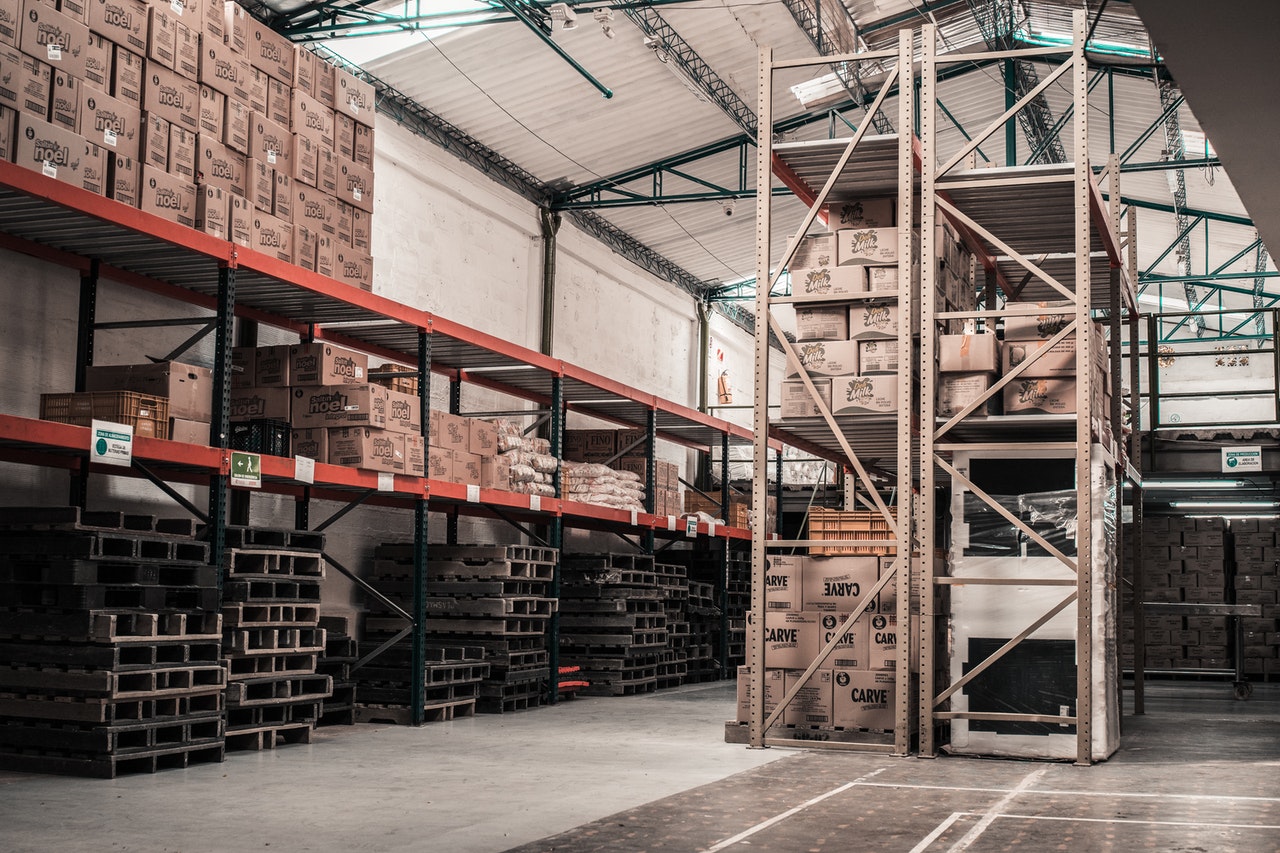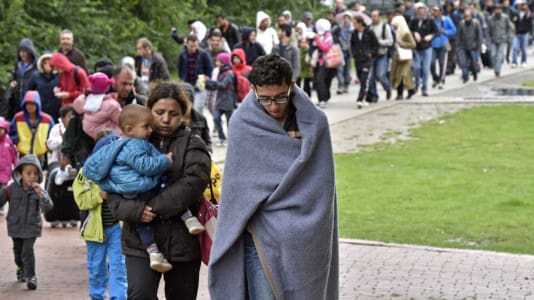The Czech Republic currently has stored 13 million daily rations of food in warehouses, which would cover consumption for about 1.3 days in the case of an emergency, while an increase in food stocks for 15 days would cost up to 12 billion korunas (€487 million), Pavel Švagr, chairman of The Administration of State Material Reserves (SSHR), told Czech television on Sunday.
According to Švagr, the previous government decided to increase food stocks from 3 to 15 days at the end of last year.
“The planned 15 days is not an ambition for next year,” Švagr warned. “Last year, there was an agreement that we should introduce those 15 days in the next 15 years,” he added.
[pp id=30723]
The Ministry of Agriculture has already proposed to increase the SSHR budget by half a billion korunas (€20 million) to enlarge the supplies. According to the head of the ministry, Zdeněk Nekula, it does not concern just cereal grains, the availability of which has been impacted across the world due to the ongoing conflict in Ukraine.
The government of Czech Prime Minister Petr Fiala interrupted the discussion over the request of the agriculture minister last week. After the meeting, Labor Minister Marian Jurečka told reporters that the government would assess the overall status of state reserves. Afterward, the ministers would discuss the demands for additional items and possible other priorities for the SSHR.
To increase food security, the reserve administration wants to propose by the summer an amendment to the government’s proposed legislation, which would allow for the introduction of a reservation system. Under current law, all material reserves must be 100 percent state-owned. However, under the new system, SSHR would book the necessary commodity from the supplier, and only in the event of a crisis would it buy it at the usual price in time and place.
[pp id=34554]
According to Švagr, the reservation system would be a supplement to the existing method of obtaining reserves. It could increase the interest of suppliers in participating in tenders that SSHR announces, and the reservation system could be applied not only to food.
The SSHR provides the state with crisis supplies. It has, for example, oil and oil-based products, medical protective equipment, and food in warehouses and storage tanks — this consists mainly of frozen meat, canned goods, butter, milk powder, grain, cheese, sugar, and salt. SSHR stores most food at external suppliers.






